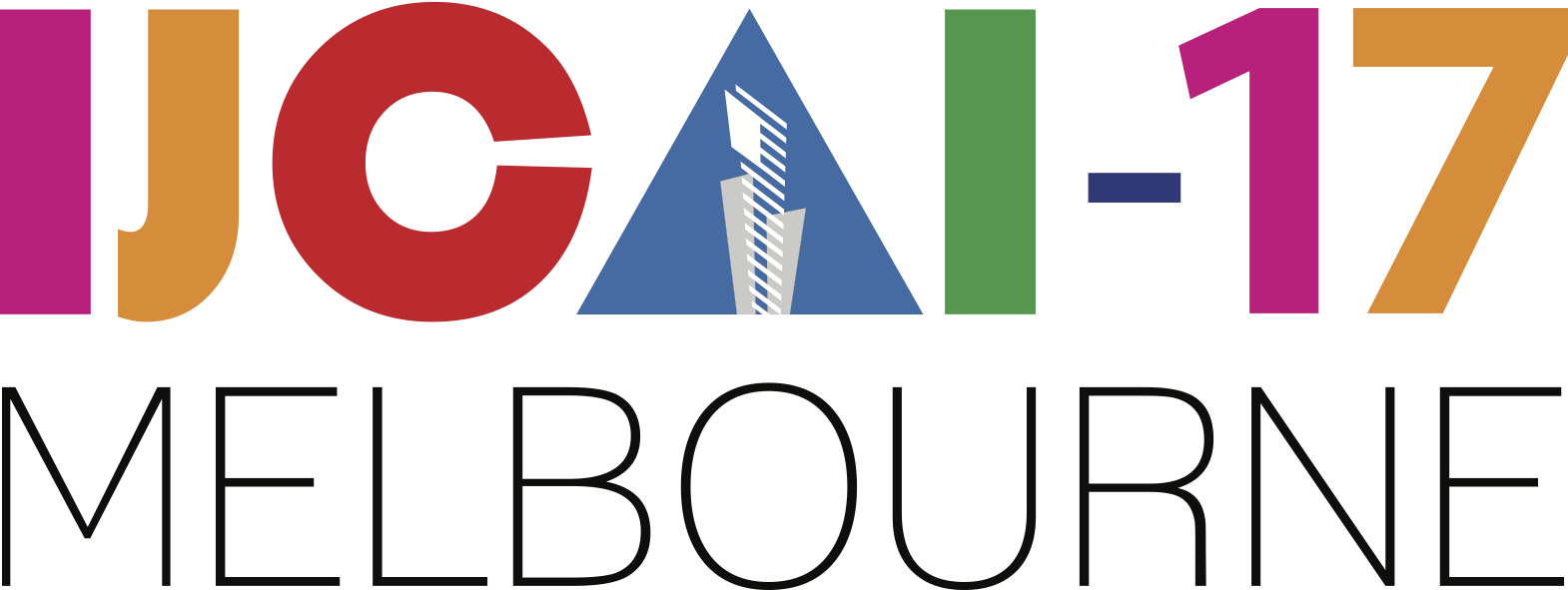When Will Negotiation Agents Be Able to Represent Us? The Challenges and Opportunities for Autonomous Negotiators
When Will Negotiation Agents Be Able to Represent Us? The Challenges and Opportunities for Autonomous Negotiators
Tim Baarslag, Michael Kaisers, Enrico H. Gerding, Catholijn M. Jonker, Jonathan Gratch
Proceedings of the Twenty-Sixth International Joint Conference on Artificial Intelligence
AI and autonomy track. Pages 4684-4690.
https://doi.org/10.24963/ijcai.2017/653
Computers that negotiate on our behalf hold great promise for the future and will even become indispensable in emerging application domains such as the smart grid and the Internet of Things. Much research has thus been expended to create agents that are able to negotiate in an abundance of circumstances. However, up until now, truly autonomous negotiators have rarely been deployed in real-world applications. This paper sizes up current negotiating agents and explores a number of technological, societal and ethical challenges that autonomous negotiation systems have brought about. The questions we address are: in what sense are these systems autonomous, what has been holding back their further proliferation, and is their spread something we should encourage? We relate the automated negotiation research agenda to dimensions of autonomy and distill three major themes that we believe will propel autonomous negotiation forward: accurate representation, long-term perspective, and user trust. We argue these orthogonal research directions need to be aligned and advanced in unison to sustain tangible progress in the field.
Keywords:
Technical: Tools
Technical: Techniques
Social: Challenges
Social: Human-machine Interaction

